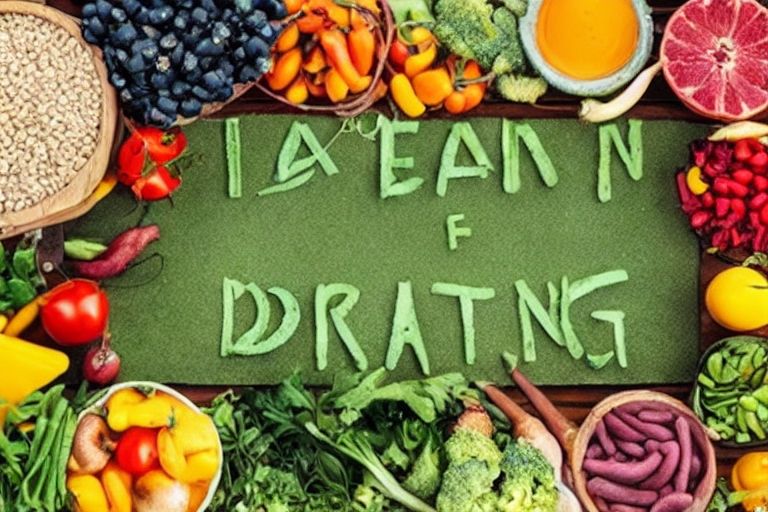The Rise of Vegan and Vegetarian Diets: Why Plant-Based eating is Gaining Popularity

In recent years, there has been a significant surge in the popularity of vegan and vegetarian diets. More and more people are choosing to adopt plant-based lifestyles, citing various reasons such as health benefits, environmental concerns, and ethical considerations. This shift towards veganism and vegetarianism represents a fundamental change in the way people perceive and consume food.
One of the primary drivers behind the rise of plant-based diets is the growing recognition of the health benefits associated with reducing or eliminating animal products from our plates. Numerous studies have shown that plant-based diets can reduce the risk of chronic conditions such as heart disease, high blood pressure, diabetes, and certain types of cancer. These diets are typically low in saturated fat and cholesterol, while being rich in fiber, antioxidants, and essential vitamins and minerals found in fruits, vegetables, legumes, and whole grains. As healthcare costs continue to rise, individuals are looking for ways to take control of their health, and a plant-based diet seems to offer an effective solution.
Beyond personal health, the accelerating environmental crisis has also played a significant role in driving the adoption of vegan and vegetarian diets. The livestock sector accounts for a substantial portion of greenhouse gas emissions, deforestation, and water pollution. By reducing or removing animals from our plates, we can significantly reduce our carbon footprint. It takes many more resources, including land, water, and food, to produce meat than it does to produce plant-based alternatives. As individuals become more aware of the devastating effects of animal agriculture on the planet, they are increasingly choosing environmentally friendly diets as a way to combat climate change and protect natural resources.
Additionally, the ethical considerations surrounding animal rights have become a major factor in the popularity of plant-based diets. Documentaries and exposés highlighting the cruelty and suffering animals endure in factory farms have resulted in a growing awareness and empathy for the sentient beings we share this planet with. People are choosing compassionate diets that avoid animal products altogether, as they believe it is morally wrong to exploit and harm animals for food. This shift towards veganism and vegetarianism reflects a broader cultural shift towards respect for all forms of life.
The rise of veganism and vegetarianism has also been fueled by an increasing availability and acceptance of plant-based food options. Restaurants, cafes, and food delivery services are now offering enticing plant-based menus that cater to the growing demand. Additionally, plant-based alternatives to meat and dairy products have greatly improved in taste and texture, making them more appealing to a wider audience. Supermarkets have expanded their range of plant-based products, making it easier than ever for individuals to make a dietary change.
In conclusion, the rise of vegan and vegetarian diets reflects a transformative shift in people’s perspectives on food, health, the environment, and animal welfare. As the evidence for the benefits of plant-based eating continues to mount, more and more individuals are choosing to adopt vegan and vegetarian lifestyles. Whether motivated by personal health, environmental concerns, or ethical considerations, this dietary shift represents a significant and positive change that has the potential to impact both individual well-being and the planet’s future.



